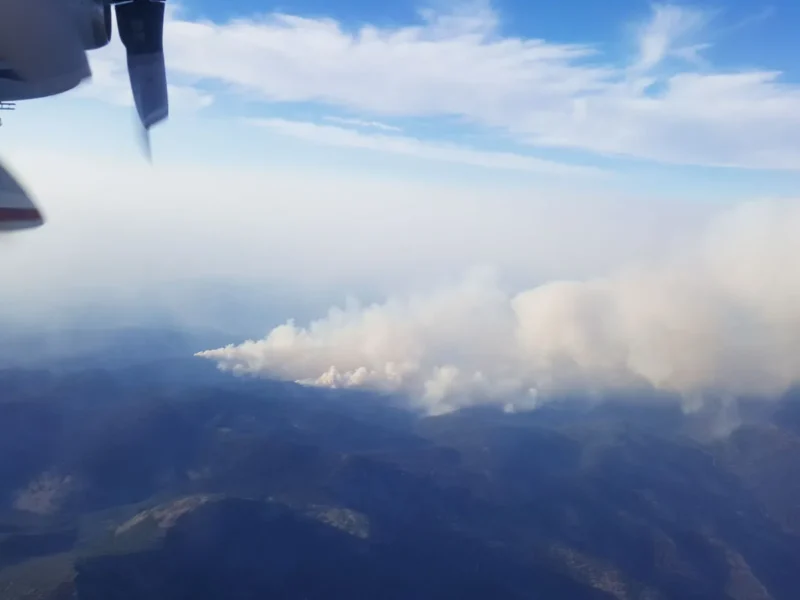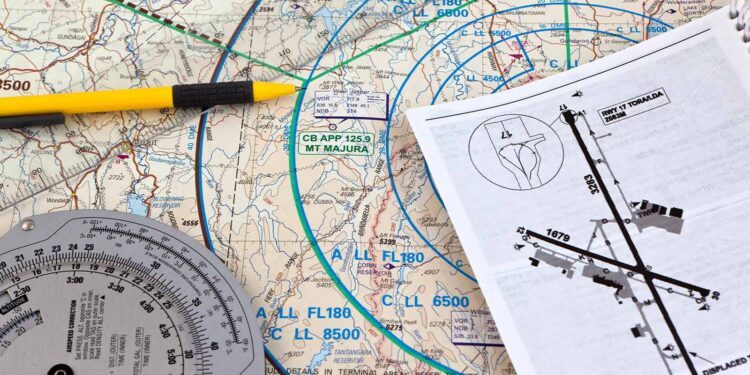I always wondered why UTC was given the “Z” letter designation when dealing with all things flying.
I found my answer today, and it has to deal with a concept known as Nautical Time Zones.
Nautical Timezones are the idealized version of terrestrial time zones. That is, each zone is exactly 15° in size. As a ship crosses the Atlantic, for example, the Captain is to adjust the clocks as the ship passes through each 15° of latitude from its point of origin.
As the ship progresses and log lines are added to the ships log books, the captain has to indicate which time zone the log entry applies to by adding a UTC offset. For example, the Captain may use “+4” to indicate that the log item happened 4 hours before UTC. This means that UTC is “0”, or Zero Time.
This system first made an appearance in the 1920s, but it wasn’t until World War II did it become common practice to all mariners.
To facilitate the communication of these times over radios, in the 1950s letter suffixes were added to each zone. Using the example above, +4 would be “Delta” (or D). A-M (except J) was used for the east and N-Y to the west.
Because UTC was considered to be “Zero Time”, the letter “Z” (or Zulu) was the designated letter to use.
You can see a map of these zones on the United States Naval Office website. Or you can read a more detailed article about Nautical Time on Wikipedia.


Cool. I’ve been asked this a couple times myself. I assumed it was something along the lines of this, but I didn’t have a sure answer. Now I know.
Interesting. All my non-pilot friends have asked me this and I just tell them it’s some pilot thing, but now I know the truth, thanks!
interesting. Ontario is officially on Romeo time in the winter but in the summer we change our clocks to Quebec time.
Fascinating. I always wondered. Now if only someone could explain the origin of the Q-codes (e.g. QNH, QFE and the ever-mysterious QSY which means ‘I’m changing frequency en route’ but why?)
I landed here via Matthew Stibbe’s site – like Curdle, I have been asked about this before and had no idea as to the answer. Thanks for helping me to look clever. ;)
Sylvia,
Thanks for checking out the site! I’m glad I was able to keep the clever charade going!